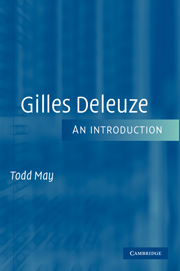Summary
John Coltrane was a jazz saxophonist. He was born in North Carolina in 1926 and died in New York in 1967. In between, he produced some of the most influential music in the history of jazz. Alongside Louis Armstrong, Duke Ellington, Charlie Parker, Miles Davis, and Thelonious Monk, Coltrane stands as a peer. There is no jazz saxophonist playing today that does not stand in his shadow. The question for many young saxophonists is whether he left any light for them.
Coltrane did not have the struggle of many jazz musicians to be recognized. Although he put in his time in bars and juke joints, at a fairly young age he was able to play with many of the top jazz bands of the time, including those of Miles Davis and Thelonious Monk. It was during the collaborations with Miles and Monk that he began to develop his own sound.
In some of his live music recorded in the late 1950s, one can hear its beginnings. Coltrane's solos became longer, more searching. It was as though he were experimenting with different ways of approaching a song, now this way and now that, often during the same solo. Miles Davis once said that when he asked Coltrane about the length of his solos, Coltrane said that he didn't know how to stop playing. (Davis's reply was, reportedly, “Take the horn out of your mouth.”) The solos also became more intense, with more notes covered and faster runs.
- Type
- Chapter
- Information
- Gilles DeleuzeAn Introduction, pp. 154 - 172Publisher: Cambridge University PressPrint publication year: 2005



